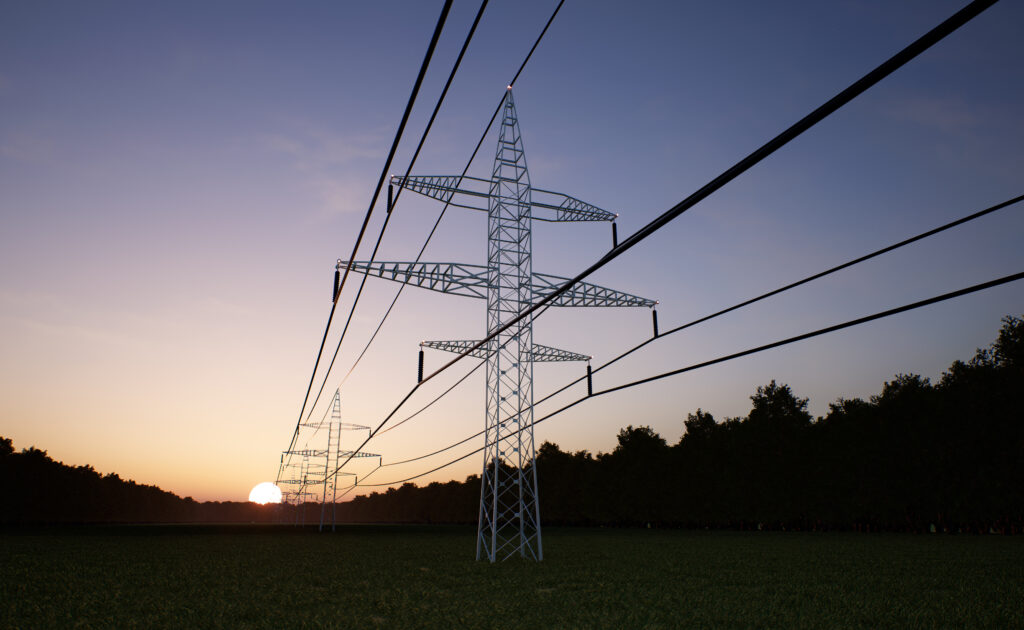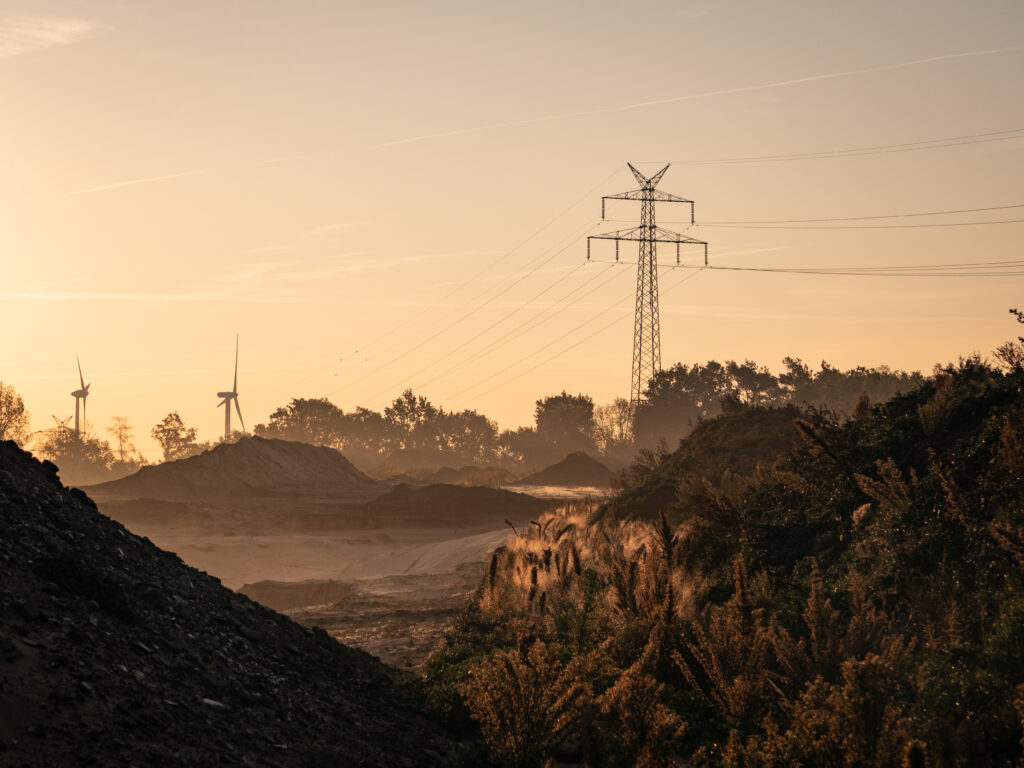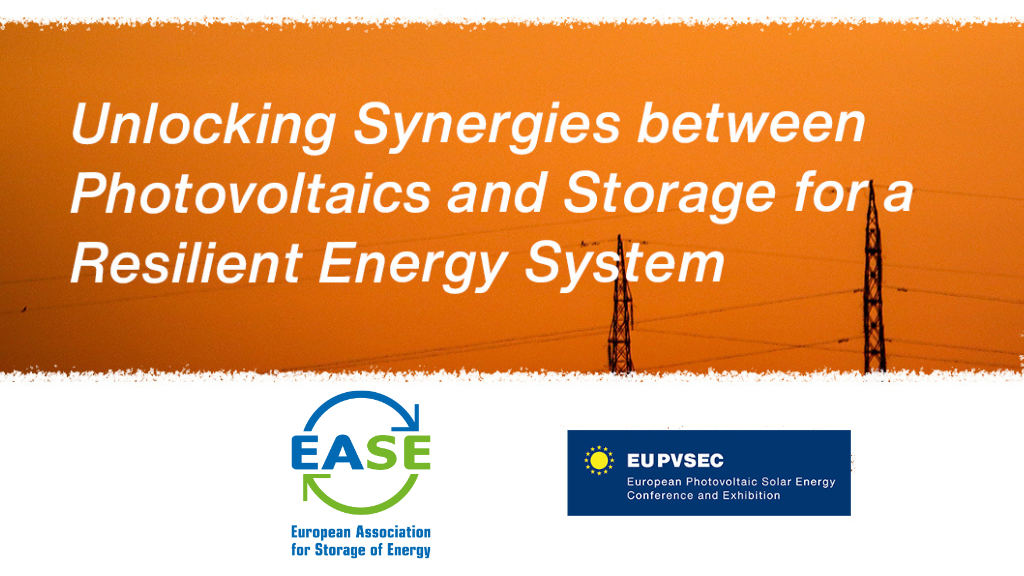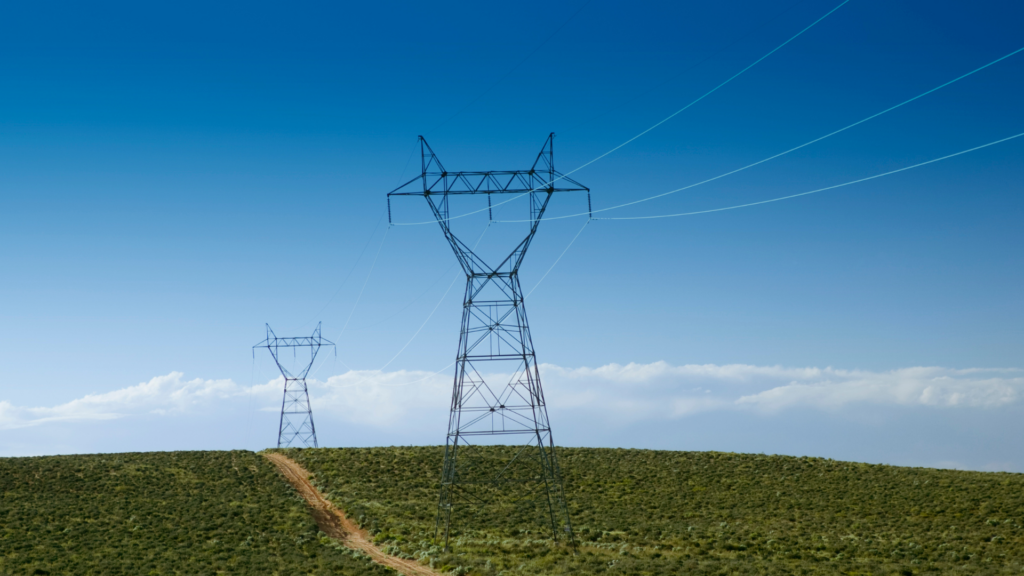20.12.2021 / Press Releases
Third Gas Package: Further Ambition Is Required to Successfully Integrate Renewable and Low-Carbon Gases
20 December 2021: The third Revision of the Gas Package, published on 15 December 2021, lays out the European Union’s ambitions for the decarbonisation of the gas sector, including hydrogen, by setting a framework for the deployment and usage of renewable and low-carbon gases. The European Commission elaborates provisions in controversial subjects including infrastructure, hydrogen, consumer rights and transparency, yet the Package is not inspiring enough to achieve its own decarbonisation ambition.
The introduction of definitions for, among others, “renewable gas” is positive. Still, the definition of, e.g., “low-carbon hydrogen” is currently not specific enough. Furthermore, there is an evident lack of focus on power-to-gas and energy storage in general with an absence of definitions. This oversight is problematic as these elements are crucial to the energy transition and sector integration.
Naturally, it is favourable that the European Commission extends unbundling to ensure the neutrality of hydrogen network operations. EASE sees a market-based approach for Power-to-Gas as necessary. Market operators should provide market services when possible, e.g. in the context of flexibility. Unfortunately, the Package does not properly discuss the crucial aspects of remuneration or revenue stacking.
The absence of an appropriate framework for Power-to-Gas prevents not only sector integration, but also security of supply. In order to prevent future gas price spikes, it is necessary to develop energy storage solutions to achieve long-term, seasonal, and strategic flexibility while avoiding dependence on natural gas.
EASE welcomes the additional emphasises on better infrastructure. It is vital to consider system efficiency, energy optimisation, and the importance of integrating energy systems when planning infrastructures. Yet, the increasing importance of links between different energy carriers’ infrastructure and relative requirements are not fully discussed. Moreover, there are uncertainties on the European Network of Network Operator for Hydrogen (ENNOH)’s function, and additionally, the roles of ACER and National Regulators are excessively underdeveloped.
The Package introduces a certification of renewable and low-carbon gases to ensure Guarantees of Origin. Transparency, information-sharing, and credibility for consumers is essential.
Talking about consumers, the recent gas price spikes have worsened energy poverty. The Package touches upon this and consumers’ empowerment. Still, the focus often lies on natural gas citizen energy communities without sufficient discussion on the role of renewable and low-carbon gases. It is unclear why the focus for energy communities lies on natural gas whereas the energy transition calls for the integration of renewable and low-carbon gases, which should be playing greater role amongst citizens and communities.
Furthermore, the Package provides the framework on the hydrogen blending and natural gas, with a 5% cap for hydrogen. This provision may indeed lead to significant opportunities, however, a full assessment of technical constraints and additional costs is required to discourage costly decarbonisation, e.g. injection and end-use appliances installation.
Overall, the revision represents a much-needed step in decarbonising the gas sector. Yet, it is still not ambitious enough nor fully aligned with the Sector Integration Strategy. The energy transition demands dramatic changes, but these bold steps are needed to achieve the decarbonisation targets and flexibility needs.




